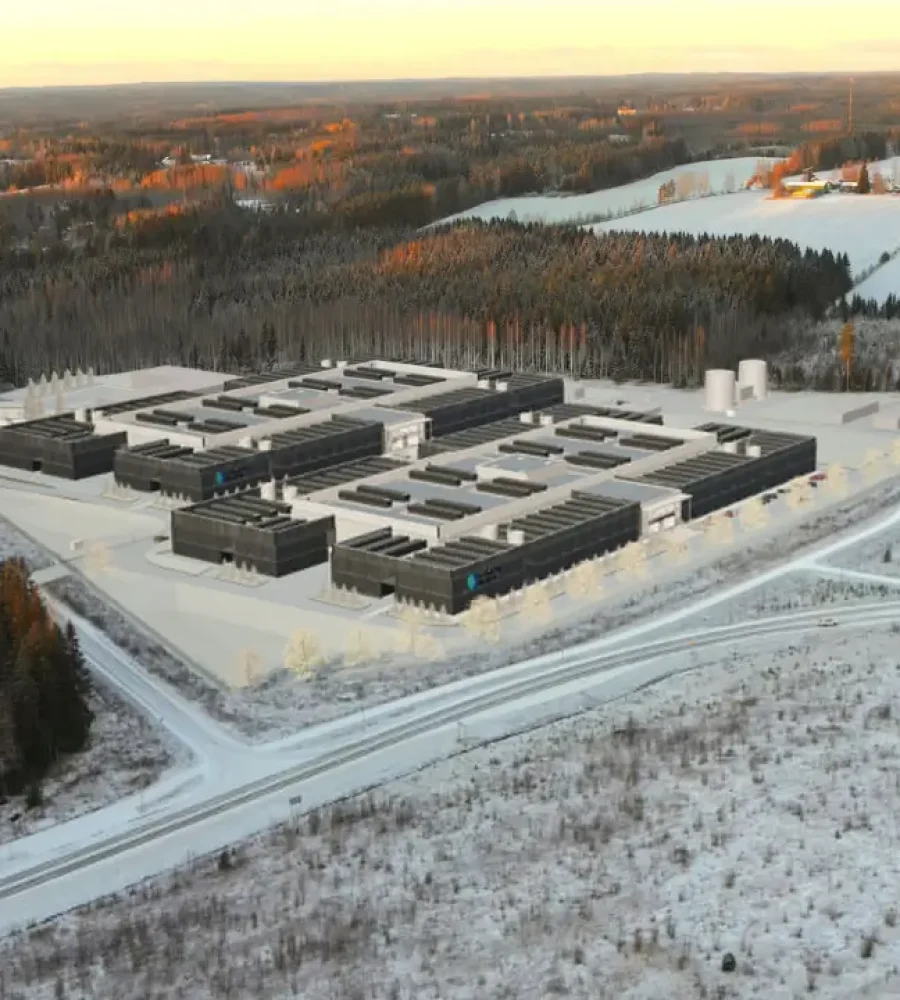While much of the world accelerates toward ever-larger models and soaring energy consumption, Japan is looking towards a more sustainable route. Sakana AI’s latest ¥20 billion (about $135 million) Series B round underscores this. The company’s stance reflects a broader question that many nations with limited natural resources are now asking:
“must AI progress rely on massive compute, or can innovation emerge from constraint?“
Founded on the belief that Japan should not mirror the high-spend, high-power trajectory dominating U.S. and Chinese AI,
Sakana AI’s focus on efficiency-driven architectures shows that it’s not mirroring the high-spend, high-power trajectory dominating U.S. and Chinese AI. Its work spans model evolution, tree-search-based fusion, multi-agent research automation, and systems designed to run on edge hardware rather than centralized power-intensive clusters. The company has also introduced new conceptual frameworks such as the Continuous Thought Machine, the Darwin Gödel Machine, and ShinkaEvolve, showing that frontier R&D doesn’t always require astronomical GPU counts.
The shift toward efficiency has immediate implications. As global AI energy consumption climbs, on track to reach double-digit percentages of national power grids within a few years, countries that lack deep energy reserves or large cloud operators risk being left behind. Sakana AI argues that Japan can still lead, but through post-training optimization, domain-specific engineering, and an ecosystem rooted in practical impact rather than scale for its own sake.
This strategy is already playing out. The company has built a growing enterprise business in Japan, collaborating with major firms to deploy targeted AI systems that deliver measurable returns in finance, defense, intelligence, and manufacturing. The gap between general-purpose models and specialized professional knowledge remains wide, and Sakana AI’s approach suggests that closing it requires more than general AI training; it requires engineering tuned to local context.
The investment from MUFG and Shikoku Electric to NEA, Khosla Ventures, Lux Capital, and In-Q-Tel signals international recognition that diversified AI pathways are emerging. The push for Sovereign AI further amplifies the need for nations to build systems aligned with local constraints, values, and strategic priorities rather than relying exclusively on global foundation models.
As the Series B funding supports expansion in collective intelligence research, post-training optimization, and enterprise deployment, Sakana AI’s trajectory offers a broader lesson: efficiency must become a core pillar of global AI strategy, not an afterthought.










